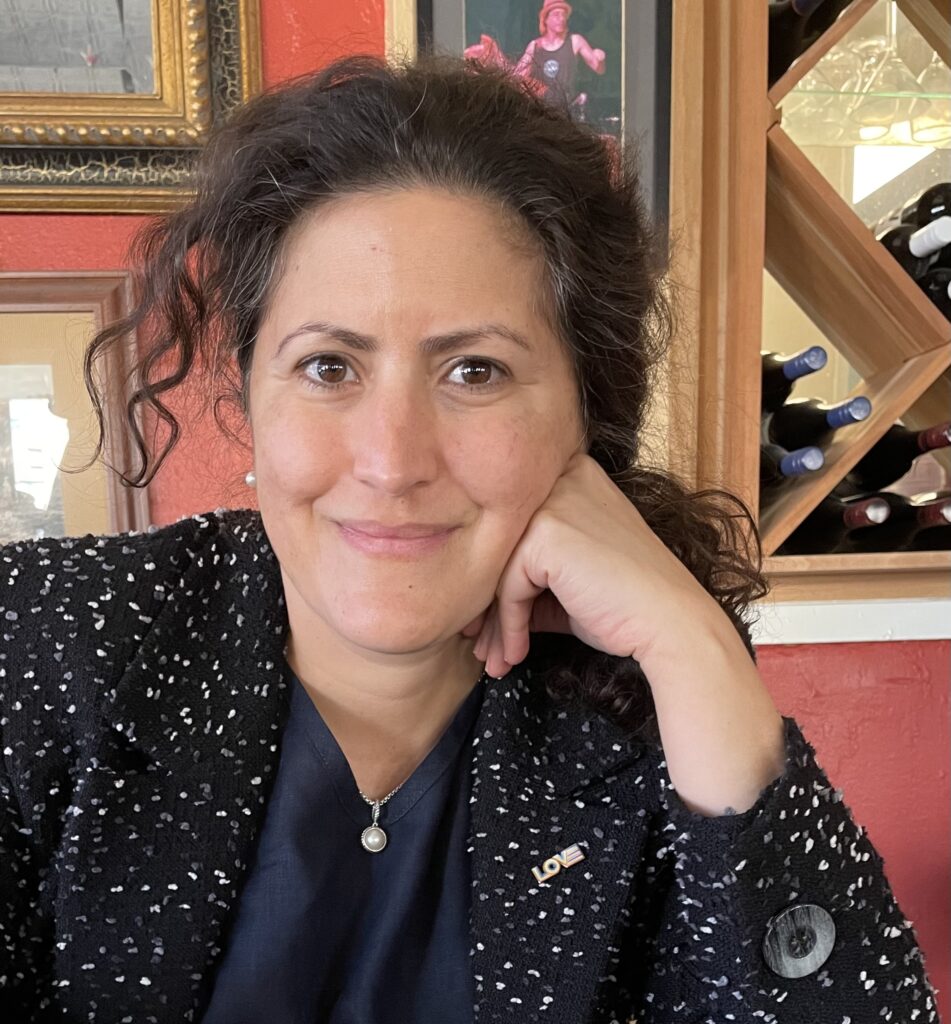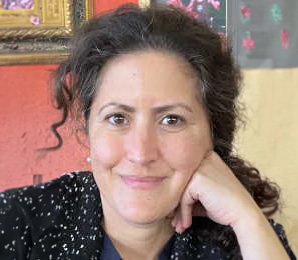The impact of abortion bans and the implications of challenges to the Affordable Care Act that aim to limit birth control coverage provide numerous opportunities for reporting. The same goes for stories about the effects of efforts to limit or outright ban the use of mifepristone, a key drug that has been used in medication abortion for more than two decades.
However, proponents of reproductive health equity say that many journalists aren’t paying enough attention to — or are ignoring — how both current and possible restrictions will worsen the health of women of color of reproductive age, particularly Black, Hispanic and Indigenous women. As the implications of those restrictions become clearer, those women — who collectively represent 36.5% women from the ages of 15 to 44 in the U.S. — may be even more likely than non-Hispanic white women to have unintended pregnancies or preterm births.
Lupe M. Rodríguez, the executive director of the National Latina Institute for Reproductive Justice, and Lauren Sausser, who writes about health care in the South as a member of KFF Health News’ Southern Bureau, joined AHCJ Health Equity Beat Leader Margarita Birnbaum for this webinar.
We explored why — by some reproductive health measures — Black, Hispanic, Native American and Alaska Native women tend to be in poorer health than non-Hispanic white women. We also delved into the role that abortion disinformation and misinformation play in contributing to reproductive health care outcomes in women of color. And we talked about misconceptions about attitudes that women of color have about birth control and abortion. You’ll learn about efforts that aim to give women of color more access to reproductive health care services and encourage them to advocate for themselves.

Margarita Birnbaum is AHCJ’s health beat leader for health equity and an independent journalist based in Dallas. Over the years, her stories about health, as well as crime and other topics she covered early in her career, have appeared in WebMD, American Heart Association News, The Dallas Morning News, The Miami Herald and Reuters. Fluent in English and Spanish, Birnbaum is also an interpreter and translator. Her personal and professional experiences living and working in the U.S. and in several Central American countries have informed her reporting work in covering health disparity trends among racial and ethnic groups in the U.S.

Lupe M. Rodríguez is the executive director of the National Latina Institute for Reproductive Justice. Over the years, she has worked as a social justice advocate in the U.S. and Mexico. A former vice president of public affairs at Planned Parenthood Mar Monte, Rodríguez has an undergraduate degree in neurobiology from Harvard University. She serves on the Community Advisory Board for the Center for Clinical Research at Stanford and was chair of the Commission on the Status of Women in Santa Clara County and treasurer of the Board of Directors for California Latinas for Reproductive Justice.

Lauren Sausser writes about health care in the South as a member of KFF Health News’ Southern Bureau. She is based in Charleston, South Carolina, where she previously spent nine years covering health care at The Post and Courier. A graduate of Clemson University and Columbia University, she has received awards from the Association of Health Care Journalists, the Society of Professional Journalists, and other groups. In 2016, she was part of a team of reporters who were named finalists for the Pulitzer Prize for Breaking News. In 2017, she was recognized as Reporter of the Year by the South Carolina Press Association.








